It has been a prosperous year for the largest grass farm, spanning nearly 6,000 mu (400 hectares), in Liupu Township of east China's Shandong Province.
One mu of alfalfa grass could yield one tonne of hay, which is worth 2,500 yuan (about 359.25 U.S. dollars), said Cui Lihua, general manager of Shandong Lvfeng Agriculture Group Co., Ltd., which runs the farm in Liupu, Wudi County.
"The 3,000 mu of alfalfa on the farm have been harvested five times, and when combined with the output of another 3,000 mu of oat grass, I'd say we've had quite good returns this year," Cui said.
The primary source of income for farmers in Wudi has been crop cultivation. However, the highly saline soil in the coastal county has compelled them to be selective with the crops they cultivate.
Of the more than 1.2 million mu of farmland in the county, there are 700,000 mu of mild to moderate saline land.
Food crops including corn and wheat, if grown on saline soils, may not produce high yield, but salt-tolerant pasture grasses like alfalfa are a suitable choice, said Zhang Jian, a Communist Party of China official of Liupu Township.
Alfalfa, which is well-known for its high yield and high-quality forage, has been utilized extensively as cattle feed. These pastures can also help improve saline soils, Zhang added.
To better utilize the land and boost the income of farmers, county and village authorities have led local farmers to partner up with enterprises and built large-scale grass farms through joint efforts.
The county has also taken assistance from a number of leading experts and scholars, and forged partnerships with multiple research institutions.
With the help of experts, the county has selected 26 varieties of pasture grasses, and accordingly changed its farming pattern to grow more crops in one harvest cycle.
Instead of cultivating only cotton and leaving the land fallow for a significant part of the year, farmers in Wudi now cultivate a single type of short-season cotton and oat grass in rotation.
"This short-season cotton is a new variety picked by the company and experts from the Shandong Academy of Agricultural Sciences to grow on saline land," said Cui Lihua, adding that the rotation of cotton and oat grass has doubled the average income per mu.
Zhang Jian noted that the villagers can increase their income by 1,200 yuan per mu of land compared to their earnings prior to June 2017, when the partnership for scaling up farming began to take shape.
To date, the county has built a total of 13 grass farms, with a pasture planting area of more than 60,000 mu.
These farms can produce 50,000 tonnes of alfalfa hay, 30,000 tonnes of alfalfa silage and 20,000 tonnes of oat hay annually, with the total output value reaching 140 million yuan, according to local authorities.


























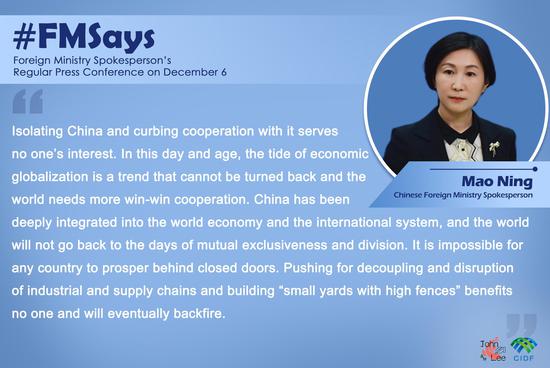





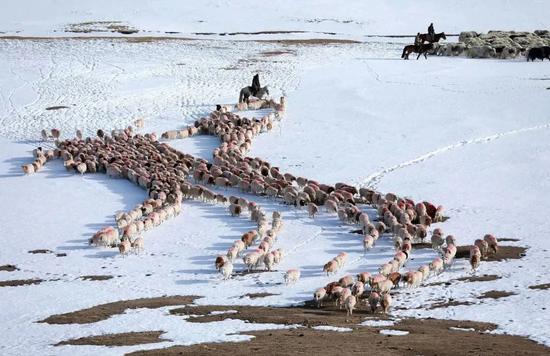

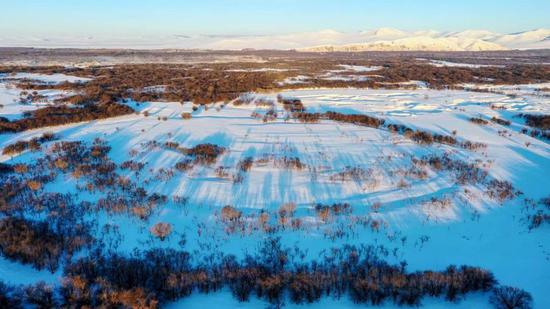



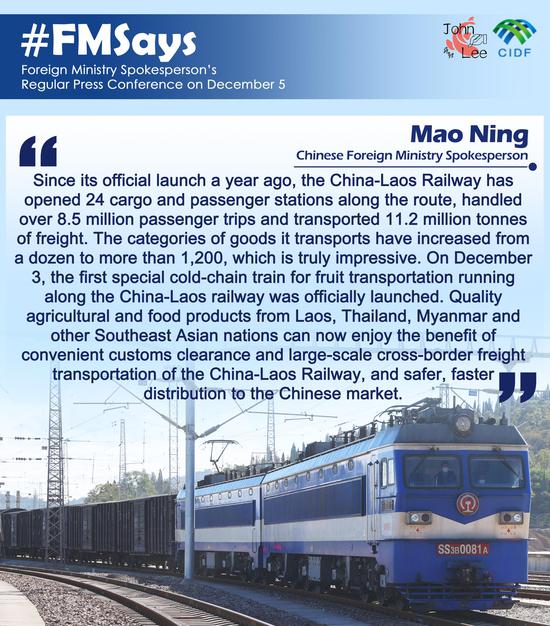


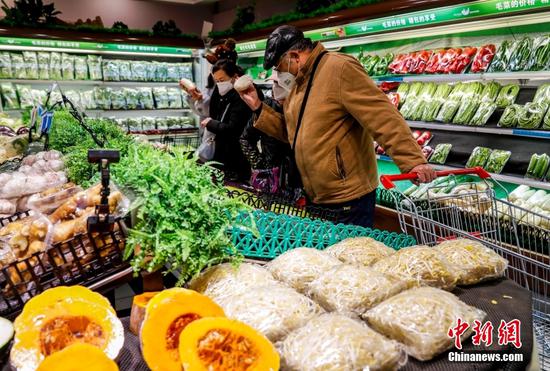

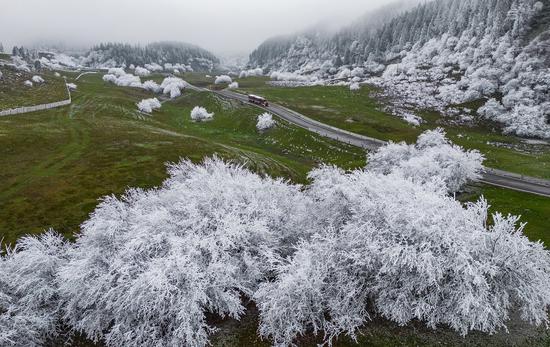






 京公網安備 11010202009201號
京公網安備 11010202009201號